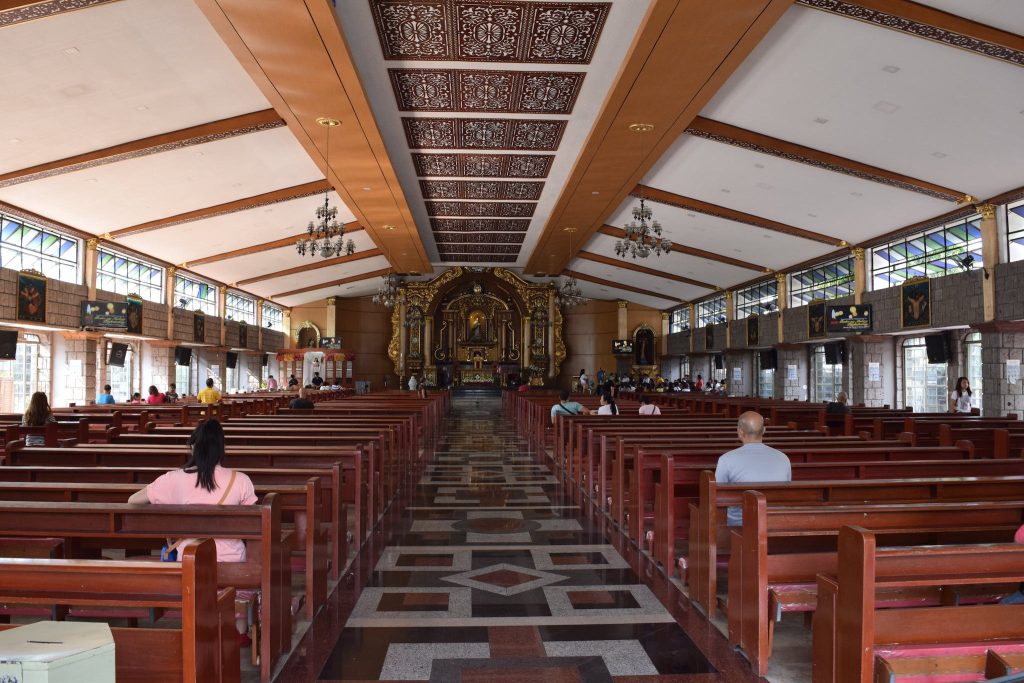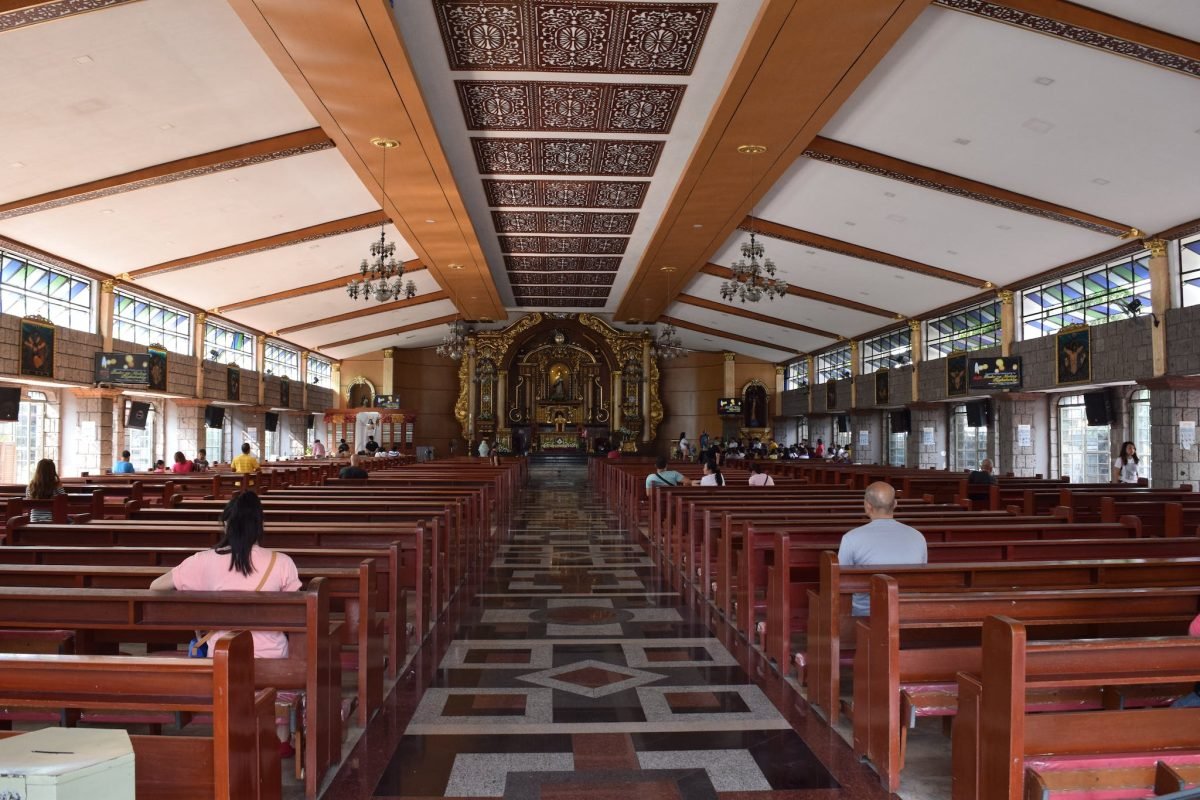Is It a Sin Not to Go to Church? Here is the Answer
This is a common question many Christians ask. The answer depends on your denomination, specific circumstances, and personal factors. Overall, missing church can be considered a sin by some groups if done intentionally or habitually without good reason. However, there are exceptions, especially during extenuating situations like illness or travel.
When is Missing Church Considered a Sin?
For Catholics
For Catholics, deliberately missing Holy Mass on Sundays or other Holy Days of Obligation without a serious reason is considered a mortal sin. These Holy Days of Obligation include:
- All Sundays
- Christmas
- New Year’s Day
- Ascension Thursday
- Assumption of Mary
- All Saints Day
- Immaculate Conception
- St. Joseph’s Day
However, Catholics can be excused from attending Mass for valid reasons like illness, taking care of infants, or travel. Additionally, local bishops can sometimes lift the Holy Day obligation when it falls on a Saturday or Monday holiday.
For Other Denominations
Other Christian denominations have different beliefs around church attendance obligations. Generally, intentionally missing regular Sunday church services is frowned upon in most traditions.
Many Protestant and non-denominational groups do not subscribe to the concept of “mortal sin.” However, they do emphasize the importance of regularly gathering with the local faith community. Deliberately and persistently neglecting worship and fellowship is often considered straying from Christian teaching.
When is Missing Church Generally Excused?
While skipping Mass or church service intentionally regularly may be considered a sin, there are several circumstances where it may be excused or permitted:
Illness
If you are legitimately sick, especially with contagious symptoms, it is appropriate and even advisable to avoid church meetings to prevent the spread of disease. Many churches even encouraged at-risk individuals to avoid in-person gatherings during the peak of the COVID-19 pandemic.
Travel or Temporary Absence
When you are out of town or away from your local area, you are not expected to find and attend church meetings. While worshiping remotely via live streams is often possible, it is generally not considered mandatory.
Taking Care of Family Needs
Caring for sick children, helping household members in emergencies situations, attending important family events, and meeting other pressing familial obligations are just reasons for not making it to church some Sundays.
Transportation Challenges
Some individuals do not own a vehicle or have limited transportation access, which presents difficulties getting to in-person services. While efforts should still be made, reasonable transportation difficulties can excuse absences.
Work Requirements
Some people have jobs that require them to work weekends or Sunday mornings, which prevents church attendance. This occupational necessity is generally deemed a sufficient reason for non-attendance, assuming efforts are made to worship and serve God otherwise during the week.

How to Avoid Committing a Sin Due to Missed Church
If you do need to miss church services for a long time due to travel, health limitations, or family duties, consider these options:
Worship Remotely Via Live Streams
Many churches now live stream videos of services through their websites or social media pages. Tune in remotely to listen to sermons, pray, worship through music, and stay spiritually connected.
Study Scripture and Pray Independently
Set aside time to personally study scripture, meditate, and talk to God through prayer. Seek Christian programming on TV or radio as an additional encouragement.
Reach Out to Pastors for Guidance
Contact your clergy leaders and consult with them about alternatives for staying involved with church life. They are usually happy to offer practical suggestions, spiritual guidance, and even special accommodations for your situation.
Attend When Possible, Seek Forgiveness When Not
The key is maintaining a heartfelt desire to participate despite hardships preventing it at times. God values that spirit and good intent over perfect legalistic rule following. Seek forgiveness through prayer, and do better next time. Grace covers our failures when the spirit is willing.
Conclusion
Missing church can be considered a sin by some Christian groups – especially Catholics regarding Holy Days of Obligation. However, there are a number of legitimate extenuating circumstances where absence is deemed permissible. When unable to attend, emphasize spiritual disciplines like Bible reading, prayer, and remote worship options to stay connected. Reach out to church leaders for added support and grace during difficult seasons.







